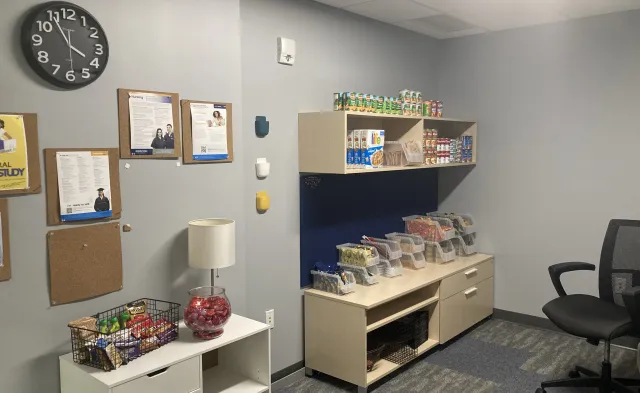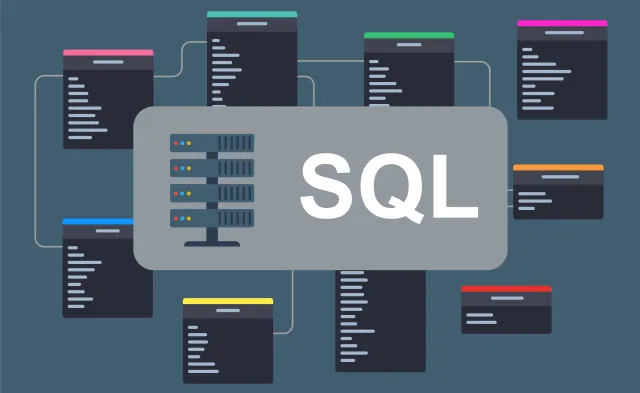Latest
Avoid Overspending: How to Navigate College’s Hidden Costs
Aug 29, 2023

Crossing the stage to receive your college degree is an incredible experience, but education can also be an expensive journey. We all know about the cost of college, but there are hidden costs along the way. According to a 2021 study, 80% of students said they had encountered an unexpected indirect expense at least once in the last school year No matter how meticulously you plan your budget, overspending can happen, but there are ways to limit it! Whether you are just starting, halfway to graduation, or heading back to the professional world with a new degree, the sooner you can begin thinking with a finance-focused mindset, the more you’ll be rewarded for it tomorrow.
What are the “Hidden Costs” of College?
Tuition is the thing everyone always talks about, but even the most well-prepared student will face financial upheaval if that is all they think about. No matter whether you take classes in-person, online, or through a hybrid method, the costs you may not anticipate can add up quickly.
Striking the right financial balance requires plenty of planning. By anticipating these needs now, you’re more likely to respond in a way that saves you your well-earned money. Here are a few of the more common hidden costs to be mindful of:
Tips for Avoiding Hidden Costs:
To ensure you aren’t burning a hole in your finances today or burdening yourself down the road, you should proactively research and plan for these hidden costs, allowing yourself to make informed decisions and manage your finances effectively.
- Transportation: If you commute to classes, transportation costs can quickly add up. Opting for alternative options like public transportation, carpooling with classmates, or other cost-effective means can both reduce your expenses and redirect your hard-earned money toward something else.
- Childcare Considerations: Adult learners often grapple with the dual challenge of education and family responsibilities. With the average annual cost of childcare for infants in the U.S. reaching $9,991, failing to properly plan for these costs can make a return to school impossible. Addressing childcare needs proactively allows you to navigate both roles effectively and frugally.
- Prioritizing Technology: For students taking online courses, reliable technology and internet connectivity are essential for educational success. Allocate funds for strong Wi-Fi and any required tech upgrades, especially if you're in a rural area where connectivity may be limited.
- Work Attire and Professional Gear: Certain programs, like those involving lab work, clinicals, or internships, may require specific clothing or gear. Budget for these essentials to ensure you're well-prepared without overspending. It’s also never a bad idea to think ahead to the way you want to present yourself on job interviews post-graduation.
- Utilize Student Discounts: Use your student ID and email to unlock discounts on essential equipment and everyday purchases.
- Leverage Library Resources: Access free books, movies, and music with a library card, saving on educational materials like textbooks, which can cost upwards of $300 a year on average.
- Smart Snacking & Exercise: Cut costs by packing snacks and brewing your own coffee to avoid unnecessary fast-food expenses and keep an eye on your well-being by investing in whatever resources allow you to maintain good mental, physical, and emotional health.
Some of these college costs can seem daunting and add up quickly, but all will be made more manageable with some proper planning and preparation.
Tuition: The Very Much “Un” Hidden Cost of College
Hidden costs are crucial to avoid, but none of it matters if just attending the classes is cost-prohibitive. At Herzing, we have a variety of resources to help you minimize the large-scale costs and leave the graduation stage with as little stress or financial burden as possible. This includes:
- Accelerate Your Education for Quicker Graduation: Adult learners especially deserve a career pathway that gets you in class, trained, and out into the workforce as efficiently as possible. You can prioritize degree programs that lead to more immediate placement into in-demand careers. These non-traditional and hybrid-based programs enable you to focus on skills training, reducing the time and money spent on education.
- Strategic Scheduling and Credit Maximization: Time is money, and we understand that you want to spend it wisely. Make the most of your time and resources by selecting a school with flexible scheduling, allowing you to work while earning your degree. Herzing's accelerated programs offer financial support and efficient completion. Additionally, explore dual credit options for earning advanced credits that count towards future degrees.
- Tap into Financial Aid: Meet with both your financial aid and admissions advisors to explore available funding options. Seek assistance in completing the Free Application for Federal Student Aid (FAFSA) and explore scholarships, grants, loans, and veteran/military benefits. Herzing’s financial aid program is designed to support your educational journey and post-graduation financial success.*
- Explore Employer Support: Some employers offer tuition assistance (TA) programs, covering educational costs upfront, or tuition reimbursement (TR) after graduation. Research conditions, limitations, and potential benefits to leverage these opportunities for a financially fortuitous future.
When it comes to your finances, you don’t have to handle this journey alone. A fruitful future awaits you, thanks to Herzing University. By becoming aware of college’s hidden costs and better prepared to face the obvious costs, you can embark on your college experience with confidence and support. With a keen eye on your financial well-being, you'll navigate the college landscape with a stronger sense of control and the tools needed to make informed decisions.
*Financial Aid is available for those who qualify
Learn More About Our Career Programs
BLS pay estimates calculate the median annual wage for various occupations. Per the BLS the median wage for an occupation is: "The wage at which half of the workers in the occupation earned more than that amount, and half earned less. Median wage data are from the BLS Occupational Employment and Wage Statistics survey." Bureau of Labor Statistics (BLS), U.S. Department of Labor, Occupational Outlook Handbook 2024. BLS median wage estimates do not represent entry-level wages and/or salaries. Multiple factors, including prior experience, age, geographic market in which you want to work, and degree level and field, will affect career outcomes, including starting salary and earnings as an experienced employee. Herzing neither represents that its graduates will earn the median salaries calculated by BLS for a particular job nor guarantees that graduation from its program will result in a job, promotion, particular wage or salary, or other career growth.
Latest
Recent Blog Posts
Subscribe to our Newsletter
Get the latest news you need to know, from study hacks to interview tips to career advancement. Have it delivered right to your inbox biweekly.








